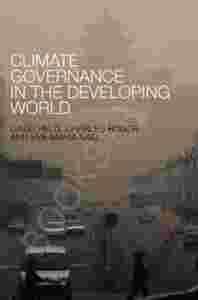CLIMATE GOVERNANCE IN THE DEVELOPING WORLD Held

Aukcja w czasie sprawdzania nie była zakończona.
Cena kup teraz: 156.45 zł
Użytkownik bookstreet
numer aukcji: 4270236319
Miejscowość Kalisz
Zostało sztuk: 10
Wyświetleń: 4
Koniec: 23-06-2014, 4:37
Dodatkowe informacje:
Stan: Nowy
Okładka: miękka
Kondycja: bez śladów używania
